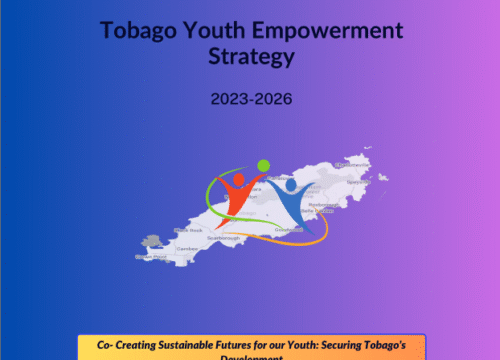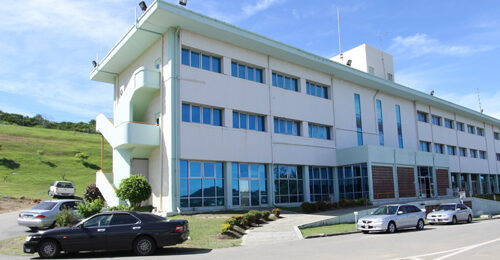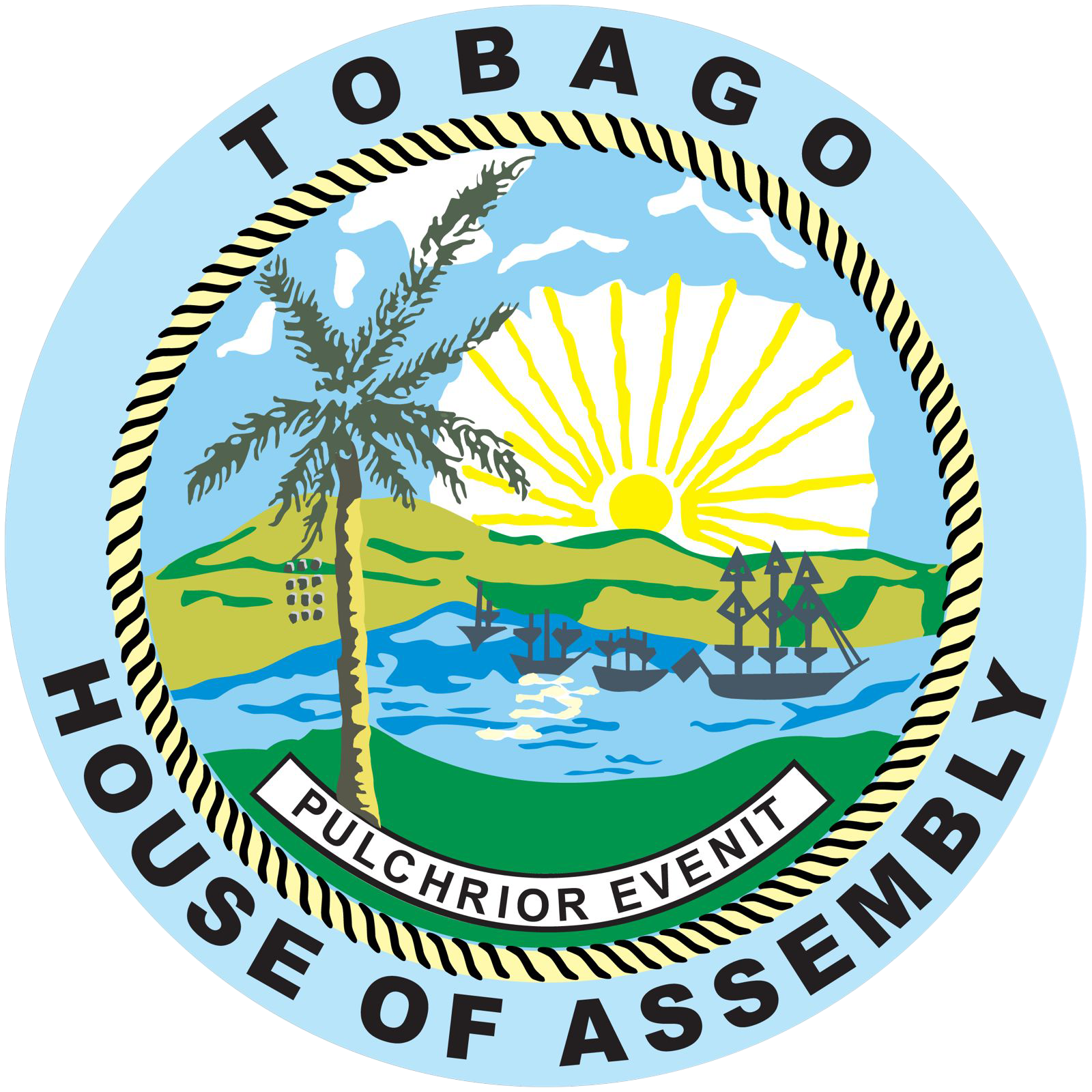Stage Three
Decision Step 7: Choose Development Program Implementation Modality
Why is decision step seven important?
|
| Who should consider step 7? | When to consider step 7? |
|---|---|
|
|
Selected tools to implement step 7
- Project management capacity assessment
- Organizational project management capacity assessment
- Request for proposals, RFPs
- Technical capacity assessment
Key Decision Points
- Define the scale of the program.
- Ensure the program's scale aligns with the program implementation modality, i.e., project versus program modality, community-based, government-led and/or funded, or private sector-led and/or funded.
- Verify the suitability and capacity of the executing agency regarding the program or project implementation requirements.
Summary of Main Considerations
Implementing focus area programs.
- The divisions of the Tobago House of Assembly, or special purpose companies associated with these divisions, will be responsible for implementing the actions related to the targets identified in focus area programs, using either program or project implementation models.
- Program implementation models will apply to actions with no definite end date, such as an Affordable Housing Program.
- Project implementation models apply to actions with definite end dates, such as building the new Scarborough Secondary School.
- The nature and scale of a program or project will influence the selection of the executing agency.
- Divisions may not have the technical or financial resources to implement large and complex programs or projects.
- Such a program or project may require partnerships with non-government agencies.
- Some programs or projects might be implemented with considerable input from communities.
Choosing the implementation modalities
- Traditionally, the Tobago House of Assembly has implemented most of its programs and projects using its own technical and financial resources. Even when the THA has formed partnerships with private businesses, it has acted as a guarantor, allowing private partners to attract funding from commercial banks.
- The Tobago House of Assembly has recently incentivized private contractors to undertake major infrastructural development work across Tobago. However, in the future, when implementing its major development programs and related projects, the THA will prioritize private partners that can execute projects without relying on the THA's budgetary allocations for financial support.
- Focus will also be placed on more direct community involvement in the development and implementation of programs and projects.








